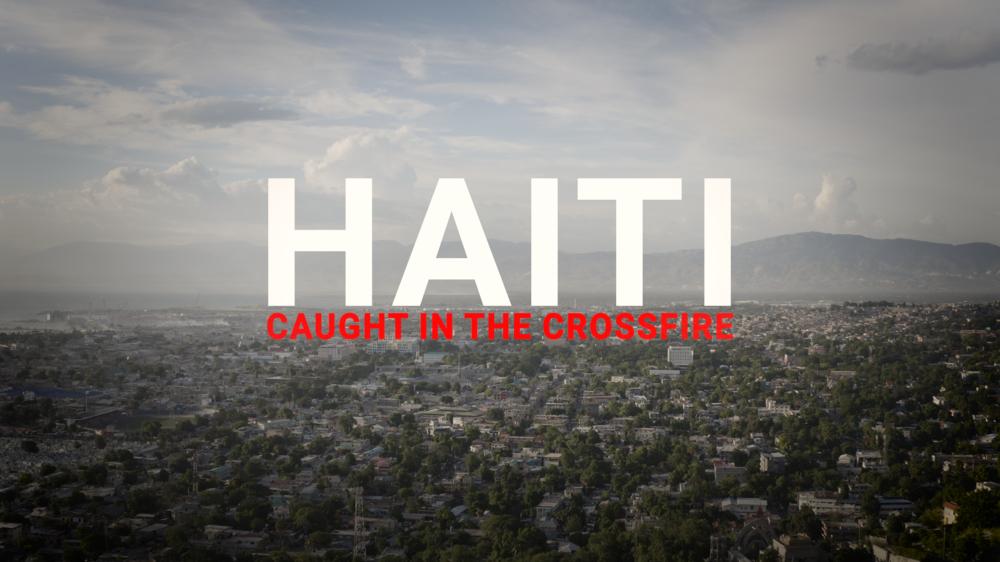Haiti: the living hell of Port-au-Prince told by its inhabitants

Day after day, the inhabitants of Haiti’s capital risk being kidnapped, injured or even killed in street clashes between gangs, civilian self-defence brigades and the police. © MSF
Two years after the assassination of Haitian president Jovenel Moïse, the city of Port-au-Prince continues its descent into violence. Day after day, the inhabitants of Haiti’s capital risk being kidnapped, injured or even killed in street clashes between gangs, civilian self-defence brigades and the police. This everyday violence is recounted in the testimonies of 15 of them – mostly Doctors Without Borders employees – gathered in three episodes for the documentary series, "Haiti, caught in the crossfire". An internal survey carried out by Epicentre, Doctors Without Borders / Médecins Sans Frontières (MSF)'s epidemiology and research centre, confirms high levels of exposure to extreme violence in the capital.
In April, the Haitian capital and its inhabitants experienced a new wave of extreme violence that resulted in the death of more than 600 people. On 24 April alone, Doctors Without Borders’ teams treated roughly 50 people with gunshot and knife wounds. Many victims were unable to reach a healthcare facility – it was too dangerous for them to leave their homes. Earlier in the year, in February, and once again in April, Doctors Without Borders was forced to suspend the activity in its hospital in Cité Soleil because of fighting in the neighbouring street. In two years, the hospital has been hit by 65 stray bullets.
Around 90 armed groups are waging war in the streets of Port-au-Prince and now control more than 80% of the city. According to the Haitian human rights research group CARDH, 389 kidnappings were recorded in the first quarter of 2023, an increase of over 173% compared to 2021 and 72% compared to 2022.
Epicentre’s internal survey of Doctors Without Borders employees and their families showed a remarkably high level of exposure to violence. 14 percent of the households surveyed said that at least one member has been witness to an episode of extreme violence over the past 12 months, such as lynching or murder. Five percent said that at least one member of their family has suffered physical violence, including robbery or kidnapping, and 30 percent said they had suffered material damage as a result of the violence. 90 percent of respondents felt that the security situation in 2023 was much worse than in 2022.
This everyday violence is recounted in the documentary series, "Haiti, caught in the crossfire". In three episodes and through 15 personal accounts, the series sets out to describe the daily lives of the inhabitants of Port-au-Prince, spent in fear and despair in the face of continuous and limitless gang violence, and the consequences of this violence for their future and that of their families.